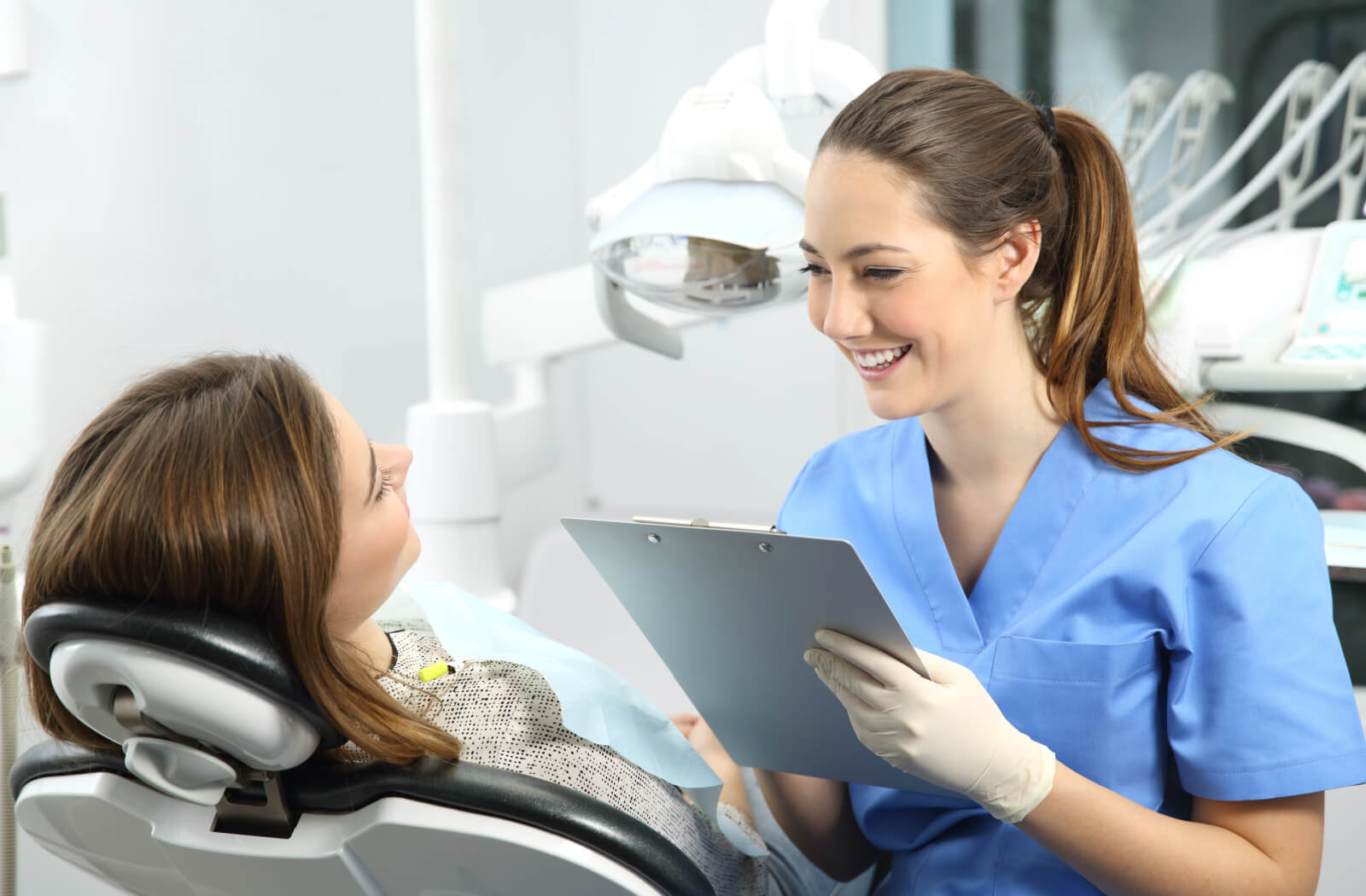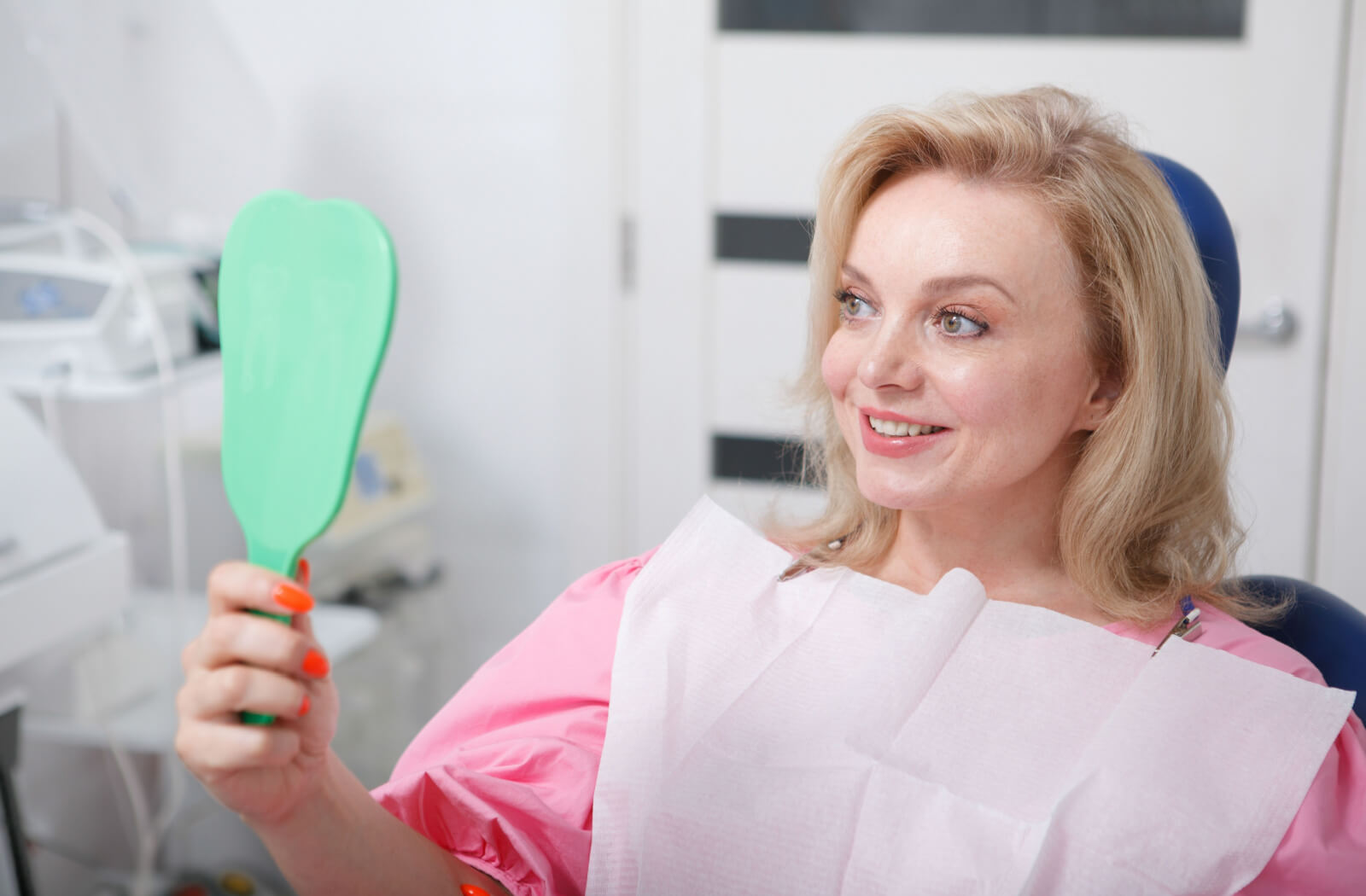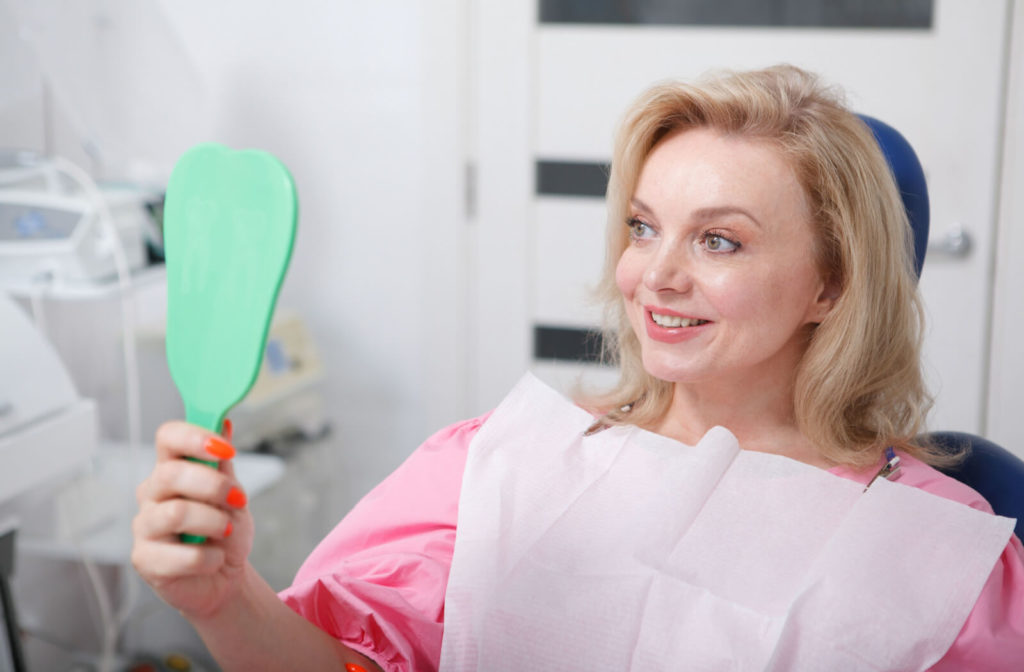There isn’t a one-size-fits-all answer to the length of a dental cleaning. But a typical dental cleaning can last anywhere from 60 to 90 minutes. The exact length needed for your appointment depends largely on factors like your overall oral health and whether your dentist recommends any additional X-rays or other treatments.
Life can get busy and it may be tempting to postpone your dental cleaning and exam. But it’s important to see your dentist as recommended by the Canadian Dental Association (CDA) as a critical part of your oral care.
How Long Is a Dental Cleaning?
A typical dental cleaning and exam can last anywhere from 60 to 90 minutes, depending on individual needs. But this duration may vary and could be shorter or longer based on various factors such as the state of your oral health, any necessary X-rays, or additional special treatments that your dentist recommends.
What to Expect at a Cleaning & Exam
A dental cleaning and exam will vary slightly from person to person. But the appointment will typically follow a similar process from the cleaning by your dental hygienist to the exam by the dentist.
Dental Cleaning
The first step of your appointment is typically a thorough examination of your teeth by your dental hygienist, which is a little different from a dentist’s examination. They are usually looking for signs of gingivitis or gum disease. Your hygienist may also have the dentist look at your mouth before proceeding with the cleaning, depending on what they see.
The cleaning of your teeth generally involves removing any plaque or tartar buildup from the surface of your teeth, as well as in between your teeth and along the gumline. The hygienist may also polish your teeth to remove any stains and leave them looking shiny and clean.
The dental hygienist will typically use a variety of tools to effectively clean your teeth. These may include a scaler, which is a tiny hook-shaped instrument used to scrape off plaque and tartar, as well as an ultrasonic instrument that uses vibrations to break apart larger pieces of buildup.
Dental Exam
After your teeth have been cleaned, the dentist can then perform a thorough examination to check for any potential issues. This may include looking for signs of tooth decay, gum disease, or other oral health problems. During this exam, they can determine if you need to book another appointment for fillings or other treatments that cannot be completed during a cleaning and exam appointment.
X-Rays
Your dentist may also take x-rays during your exam in some cases. These can help to identify any hidden issues below the surface of your teeth, such as cavities or impacted wisdom teeth. X-rays are a valuable tool in detecting and preventing potential dental problems.
Additional Procedures
Depending on your individual needs, the dentist may also recommend additional procedures during your appointment. These could include fluoride treatments to strengthen your tooth enamel, sealants to protect against cavities, or oral cancer screenings. These procedures can help to further improve your oral health and prevent future dental issues.
How Often Should You Get a Dental Cleaning & Exam?
According to the CDA, it’s recommended to have a dental exam and cleaning every 6 months for most people as a preventive measure to maintain good oral health. But this frequency may vary depending on individual cases and how well you care for your teeth.
It’s important to follow your dentist’s recommendations because they’re familiar with your oral health and the specific needs you have.
Maintain Good Oral Health Between Cleanings
Although visiting your dentist for regular cleanings and exams is an important part of maintaining good oral health, the real work takes place at home. It’s vital to follow a good oral hygiene routine throughout the year in between your dental appointments.
The CDA’s oral hygiene recommendations are:
- Brush with fluoride toothpaste for 2 minutes at least twice a day to remove food and plaque from your teeth
- Floss at least once daily, preferably after every meal
- Use an oral rinse as part of your routine, but remember that it cannot replace proper brushing and flossing
Ask your dentist for recommendations on things like toothbrushes, toothpaste, floss, or mouthwash if you’re unsure of which products you should be using.

Book Your Next Dental Cleaning & Exam
Even though dental exams and cleanings aren’t the only factors in good oral health, their importance should be apparent. For many people, these routine appointments go smoothly and are relatively quick. Your cleaning could go a little on the longer side if it’s been a while since you’ve had a professional dental cleaning, but it can get quicker with regular upkeep.Call us at Heritage Pointe Dental today to book your next dental exam and cleaning. We’re happy to get you in to see one of our experienced dental hygienists and dentists.


